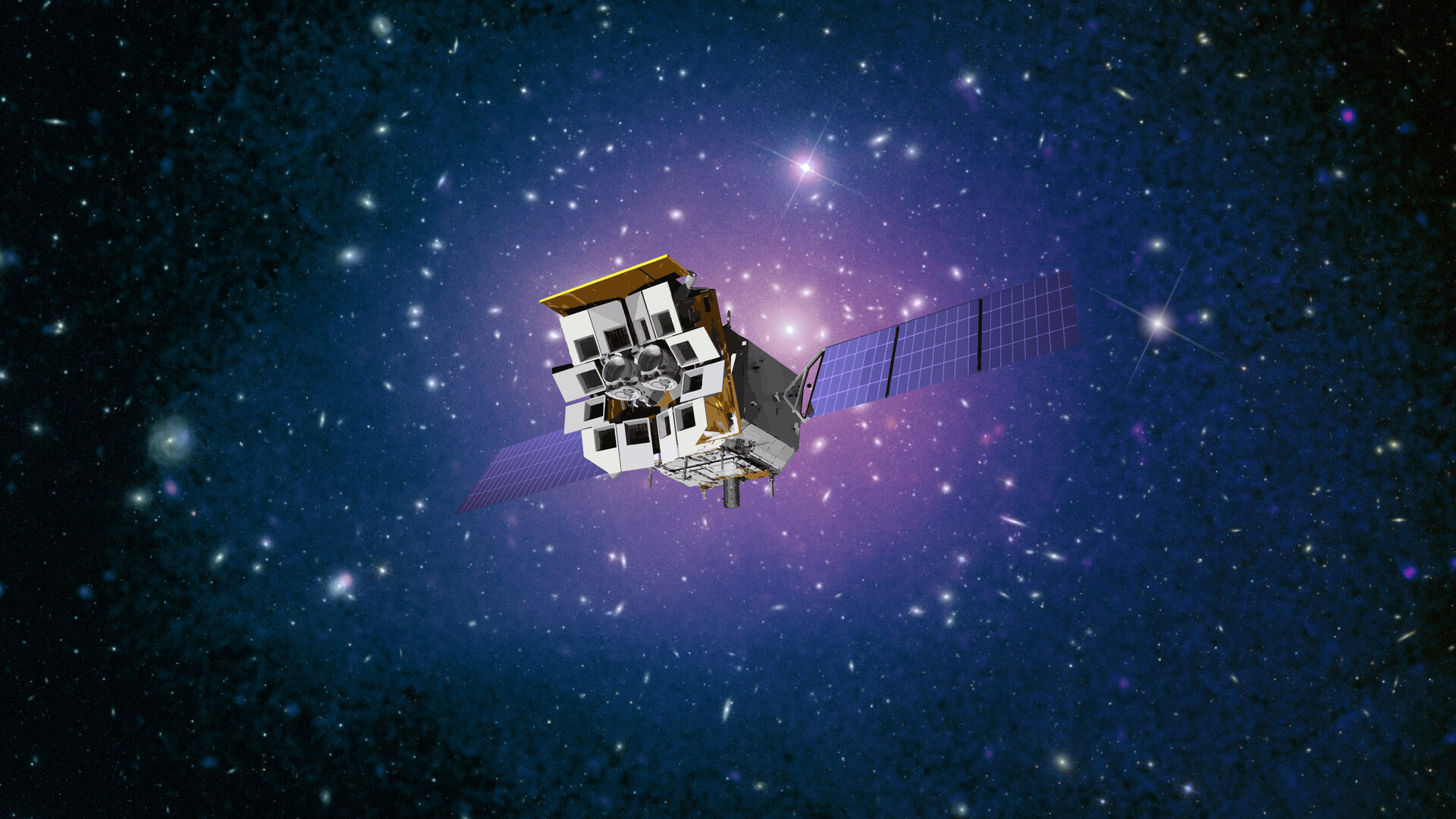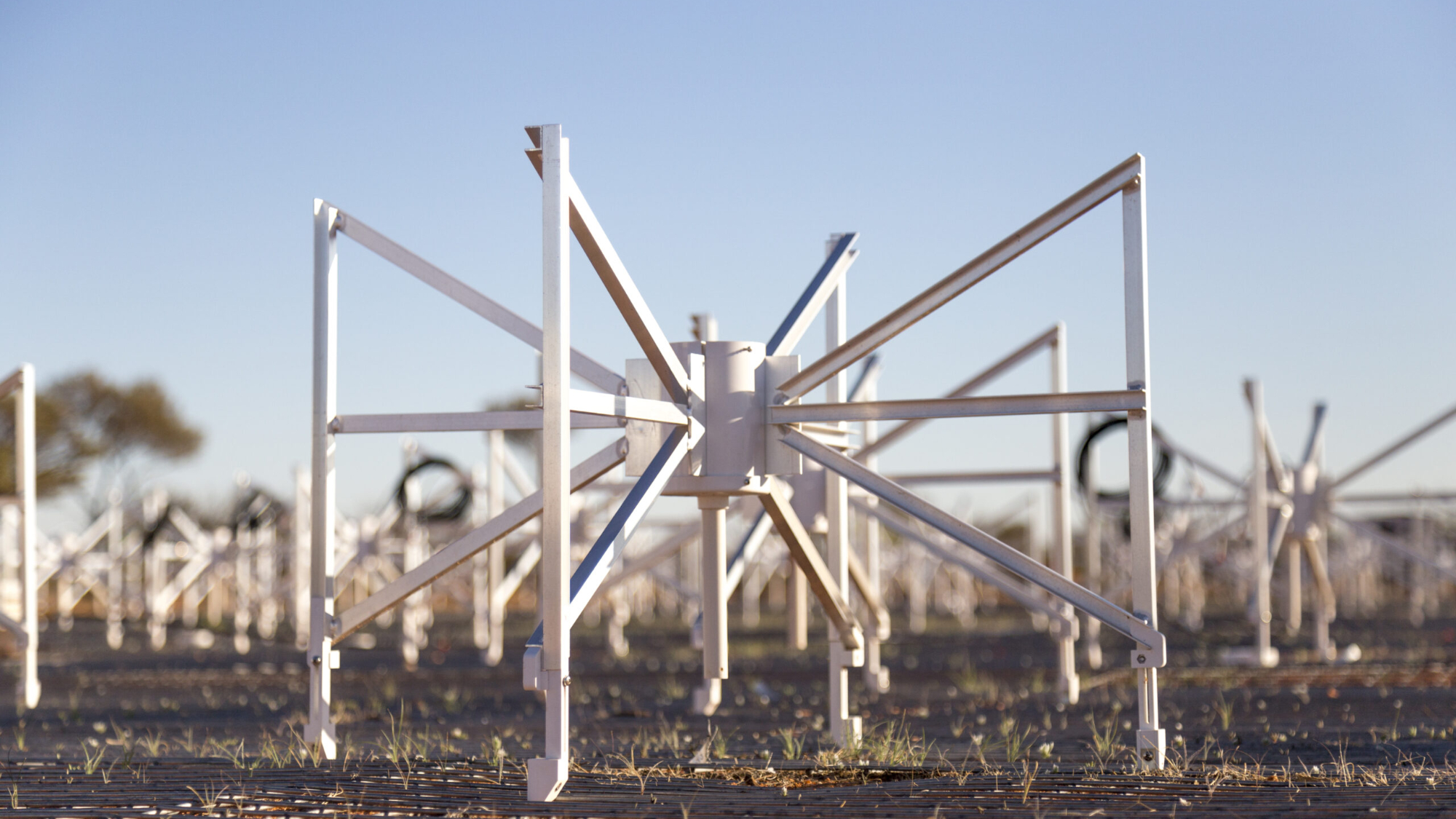
Keith Cooper
Keith Cooper is a freelance science journalist and editor in the United Kingdom, and has a degree in physics and astrophysics from the University of Manchester. He's the author of "The Contact Paradox: Challenging Our Assumptions in the Search for Extraterrestrial Intelligence" (Bloomsbury Sigma, 2020) and has written articles on astronomy, space, physics and astrobiology for a multitude of magazines and websites.
Latest articles by Keith Cooper

This star burped after eating a planet — but the planet was really asking for it
By Keith Cooper published
The James Webb Space Telescope has revisited a star that swallowed a planet and found that instead of the star subsuming the planet, it was the planet that crashed into the star.
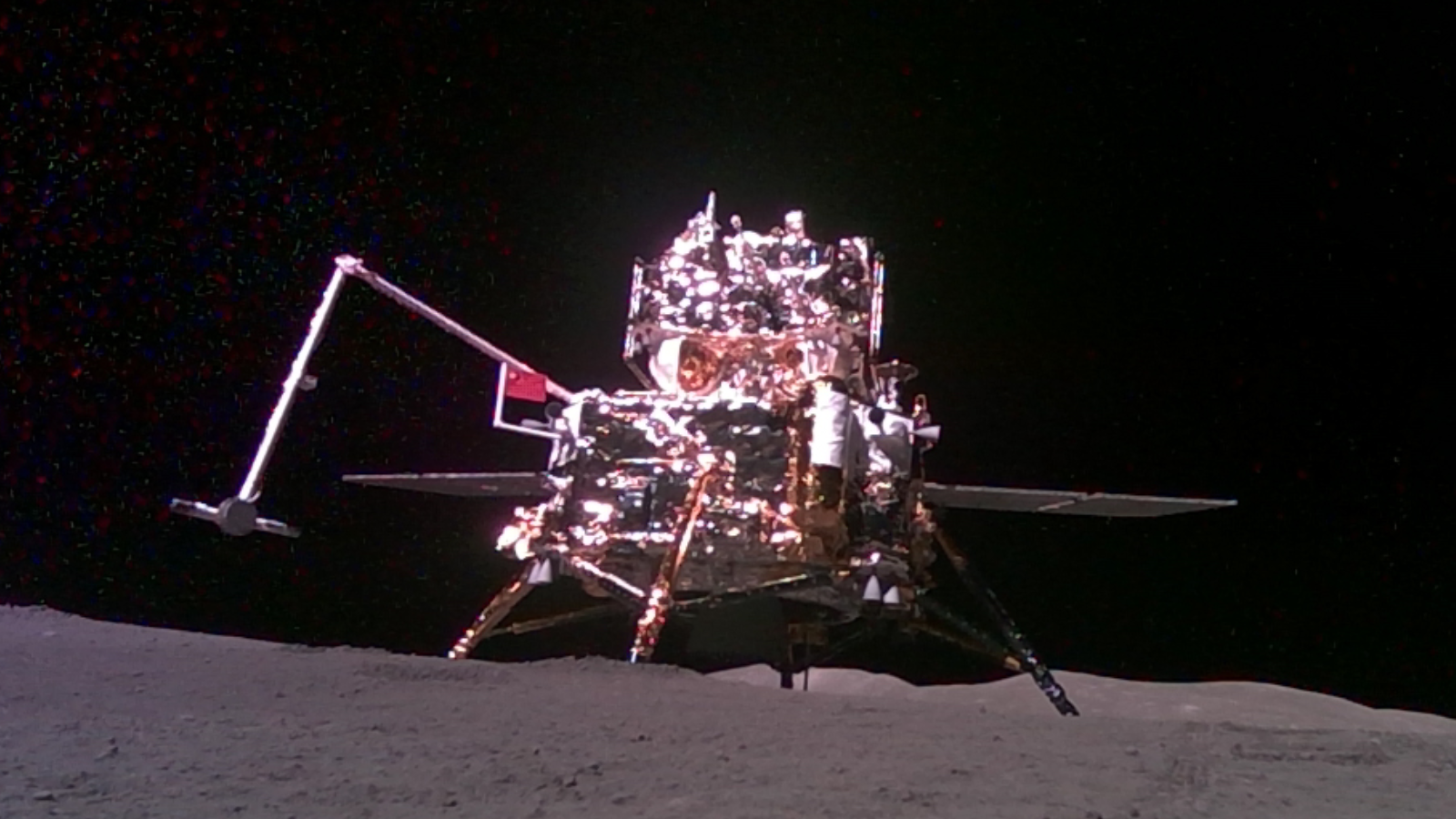
China's Chang'e 6 lunar samples suggest our moon is debris from an ancient Earth impact
By Keith Cooper published
Analysis of samples brought back from the farside of the Moon by the Chang'e 6 mission have found the water content of the lunar farside mantle is much more depleted compared to the nearside.
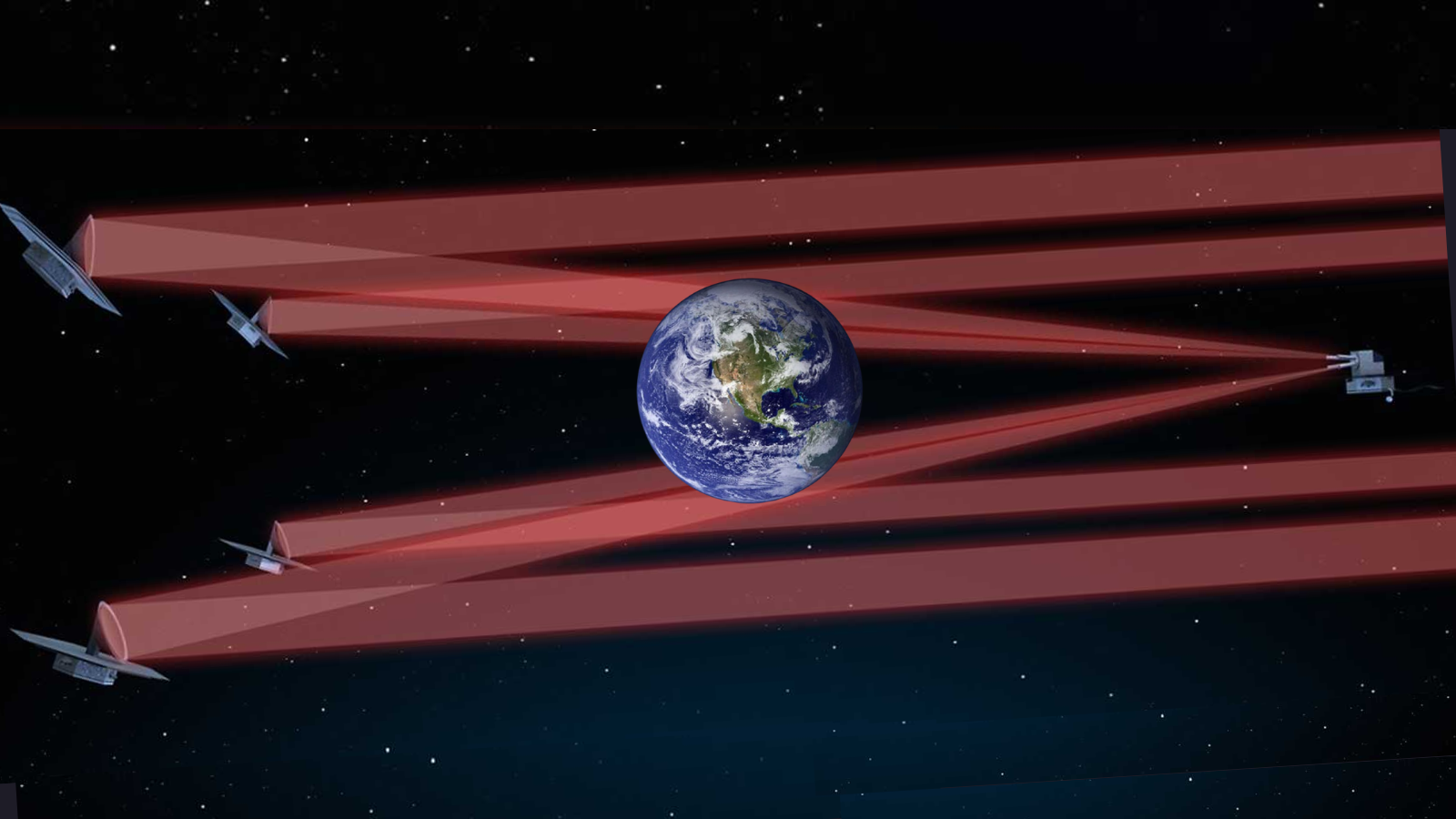
How rare are inhabited worlds in the universe? The 'LIFE' space telescope fleet could find out
By Keith Cooper published
The LIFE mission would feature four space telescopes acting together to search for biosignatures on rocky planets in the habitable zones of their stars.
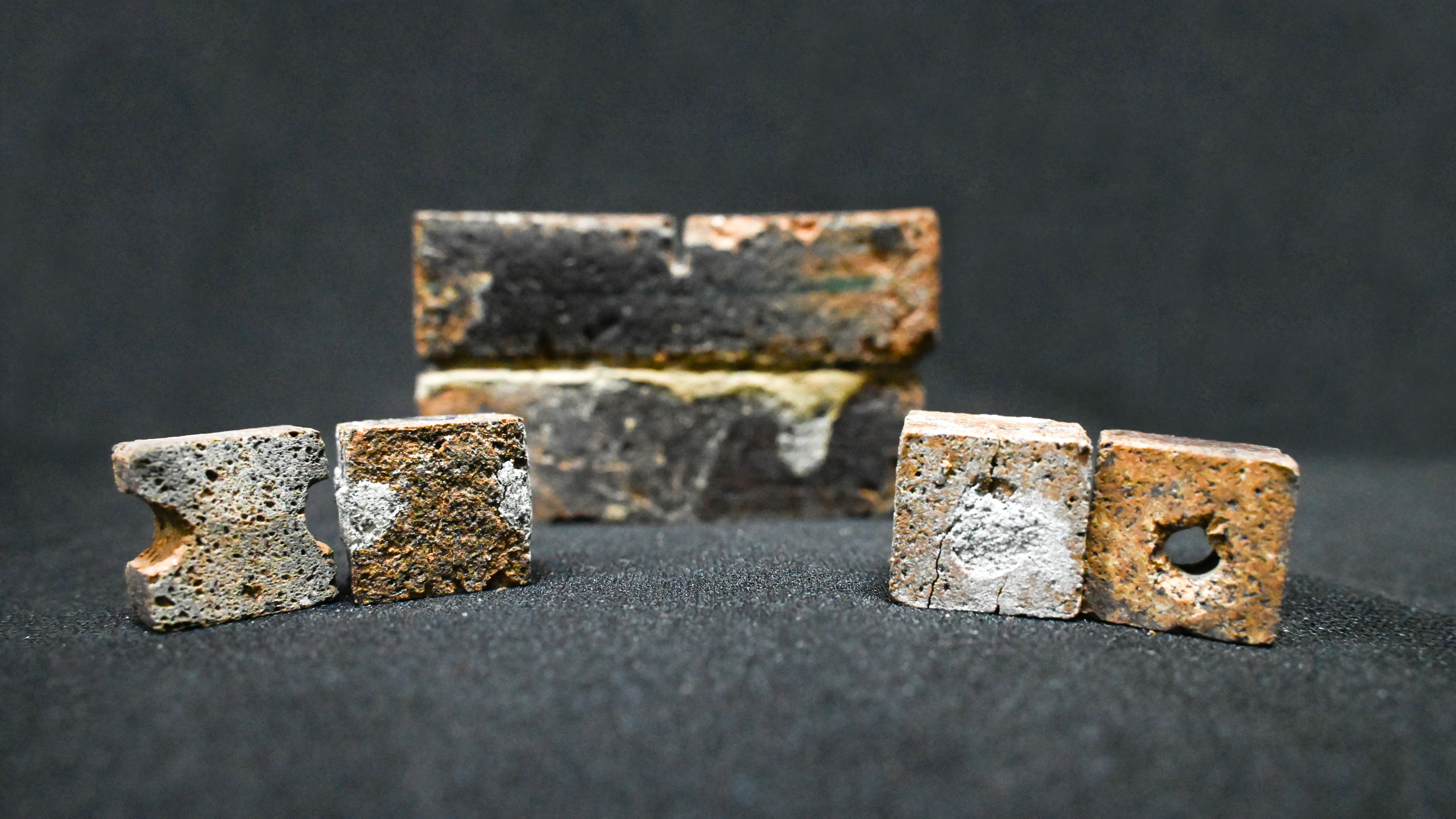
How bacteria could help build and maintain cities on the moon
By Keith Cooper published
The bacteria, Sporosarcina pasteurii, is able to make calcium carbonate that can act as a sealant to fix bricks made from lunar regolith.
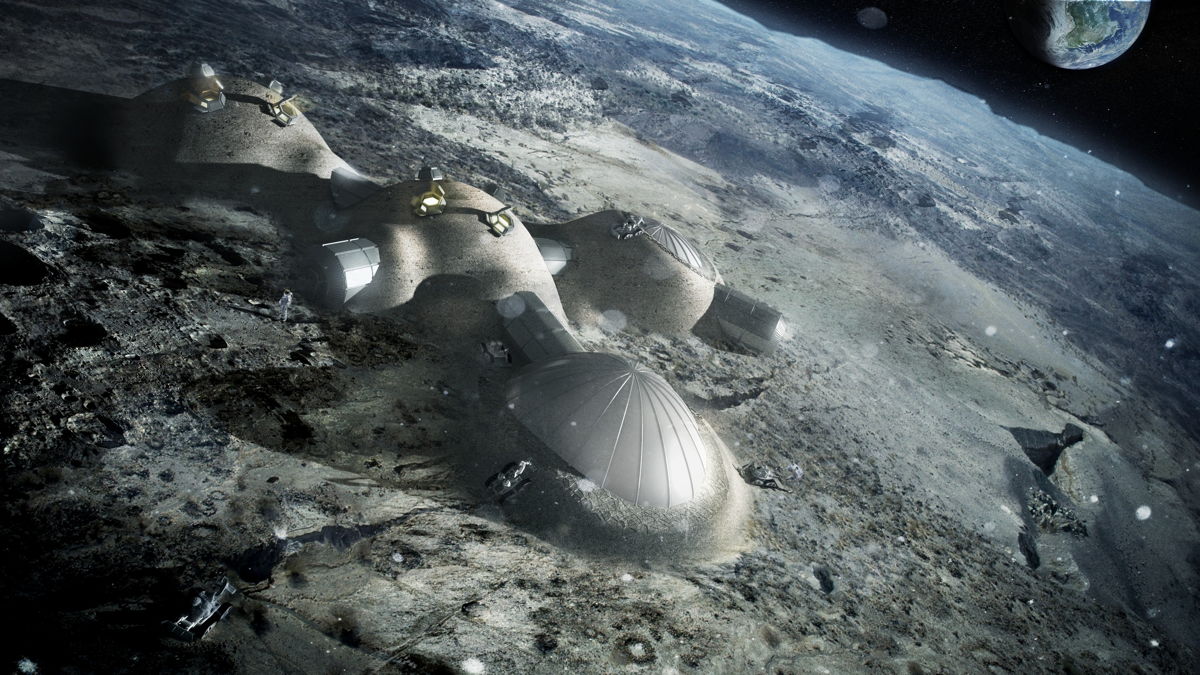
Moon dust may help astronauts power sustainable lunar cities. Here's how.
By Keith Cooper published
Constructing solar arrays out of moon dust would reduce launch costs and make lunar bases more plausible, according to a new study.
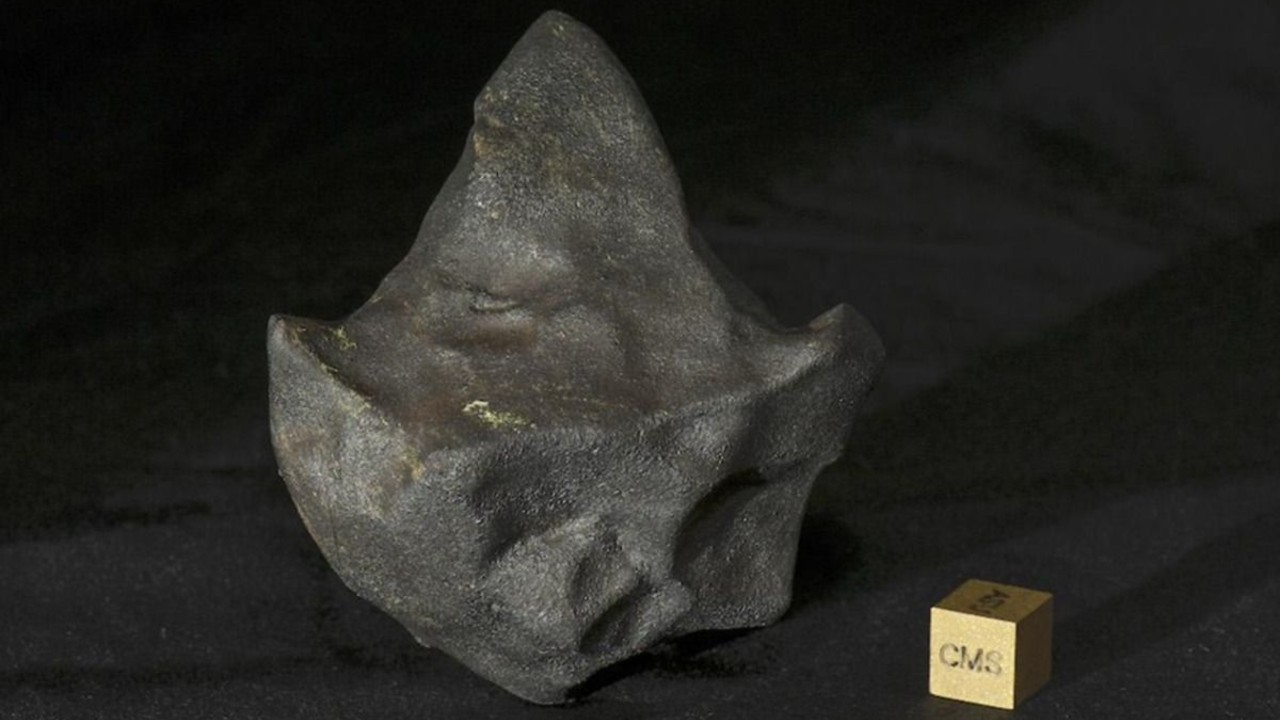
How a 'mudball' meteorite survived space to land in the jungles of Central America
By Keith Cooper published
A fall of rare meteorites in Costa Rica has revealed new details about a similar space rock that fell in Australia 50 years earlier.
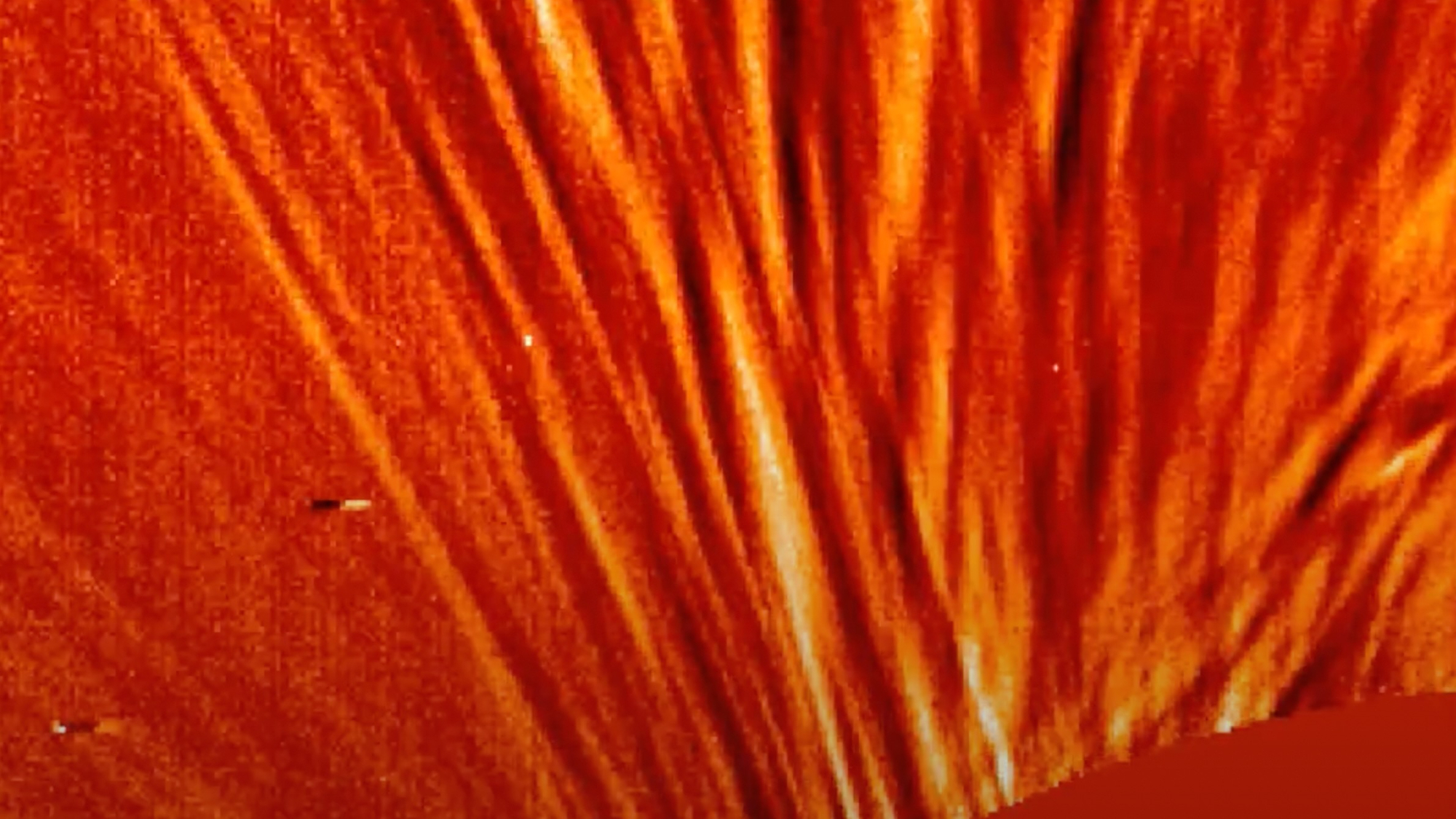
Million-mile-long solar whirlwind could help solve sun's greatest mysteries (video)
By Keith Cooper published
Europe's Solar Orbiter spacecraft has chronicled the development of the magnetic escape of plasma driven out by a powerful magnetic reconnection event.
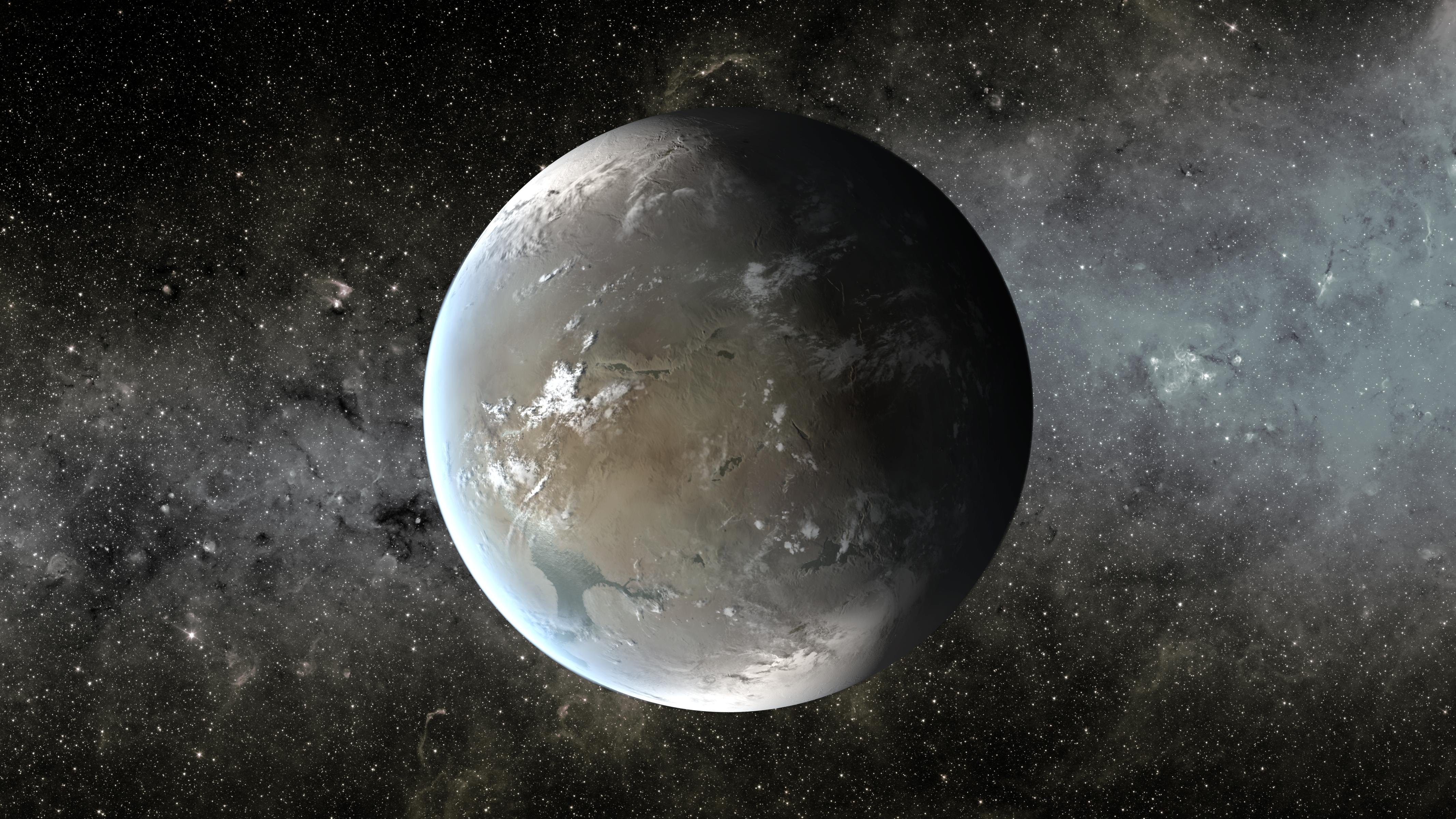
This newly found super-Earth might have blown off its own atmosphere
By Keith Cooper published
A newly found super-Earth could help provide answers as to why there are hardly any planets twice the diameter of Earth.
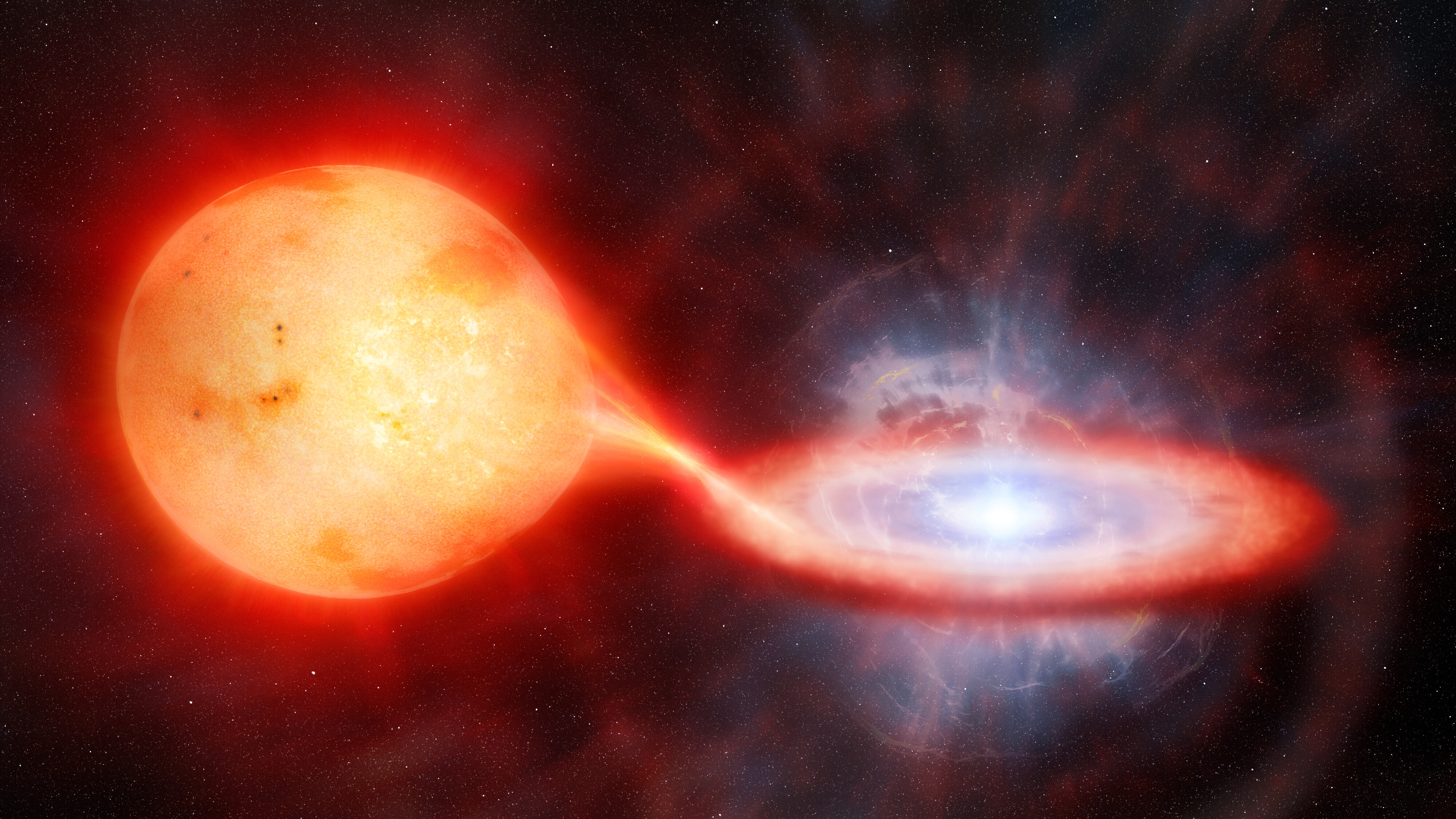
Hold onto your hats! Is the 'Blaze Star' T Corona Borealis about to go boom?
By Keith Cooper published
The nova is ignited when a "vampirific" white dwarf steals too much matter from a companion star.
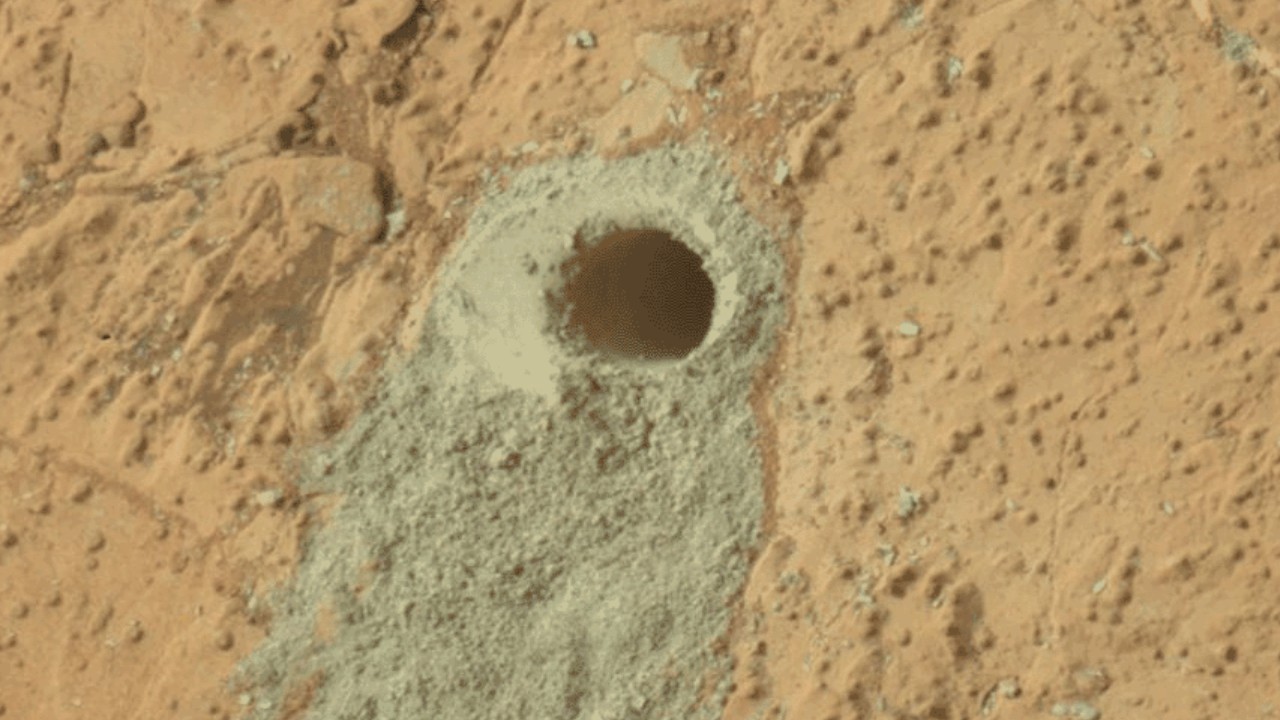
Curiosity Mars rover discovers largest organic molecules ever seen on Red Planet
By Keith Cooper published
While the presence of these molecules is not proof of ancient life on Mars, scientists say it shows we could detect chemical signatures of past life, if it ever existed.
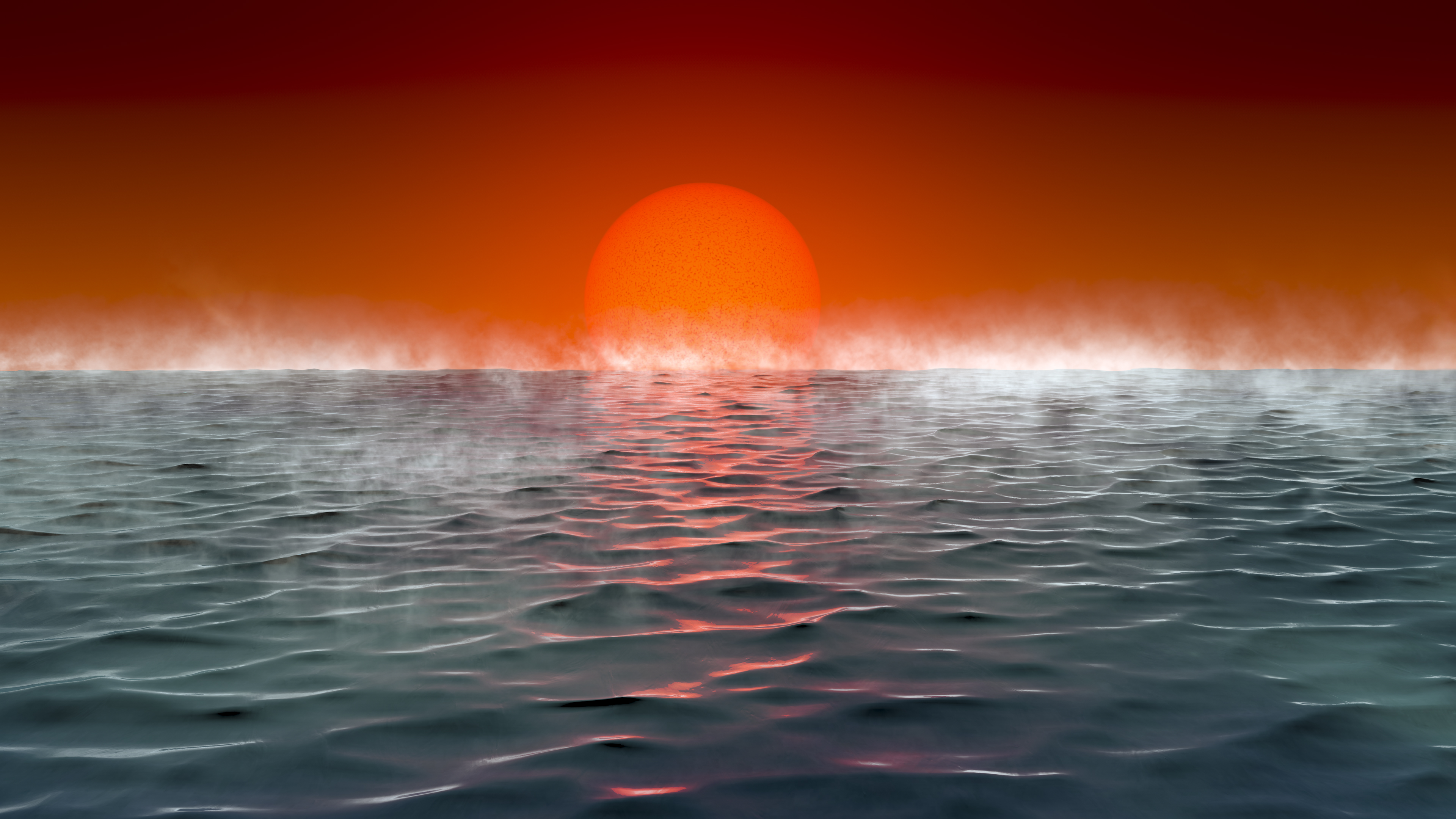
James Webb Space Telescope could find signs of life on alien 'hycean' ocean worlds
By Keith Cooper published
JWST could potentially detect the signature of methyl halide compounds, produced by microbial life in Earth's ocean, on hypothetical hycean exoplanets.
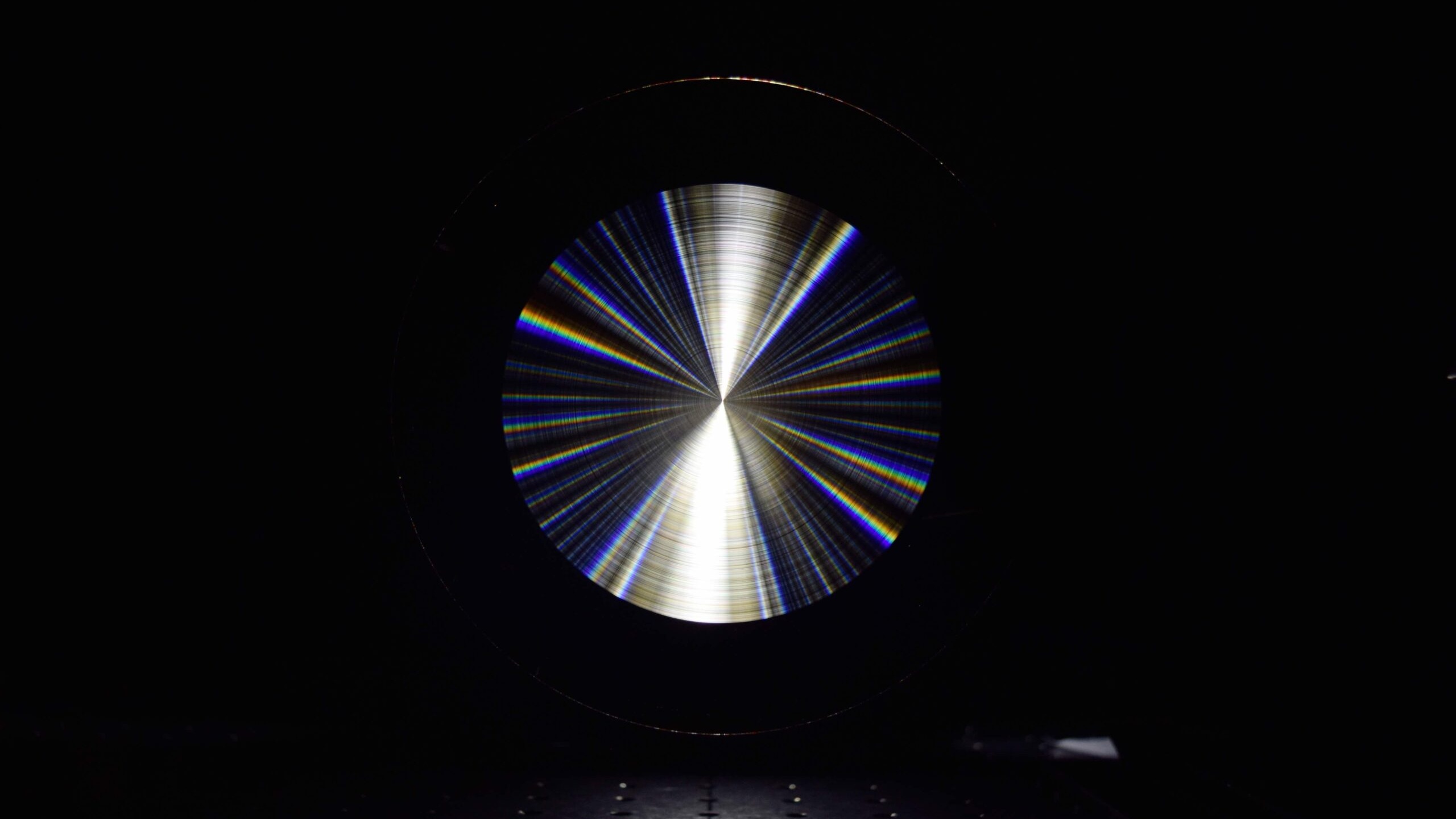
This new telescope lens could be a game-changer for space imagery
By Keith Cooper published
The dream of a flat, lightweight telescope lens, where microscopic etchings precisely refract different wavelengths of light, is here.
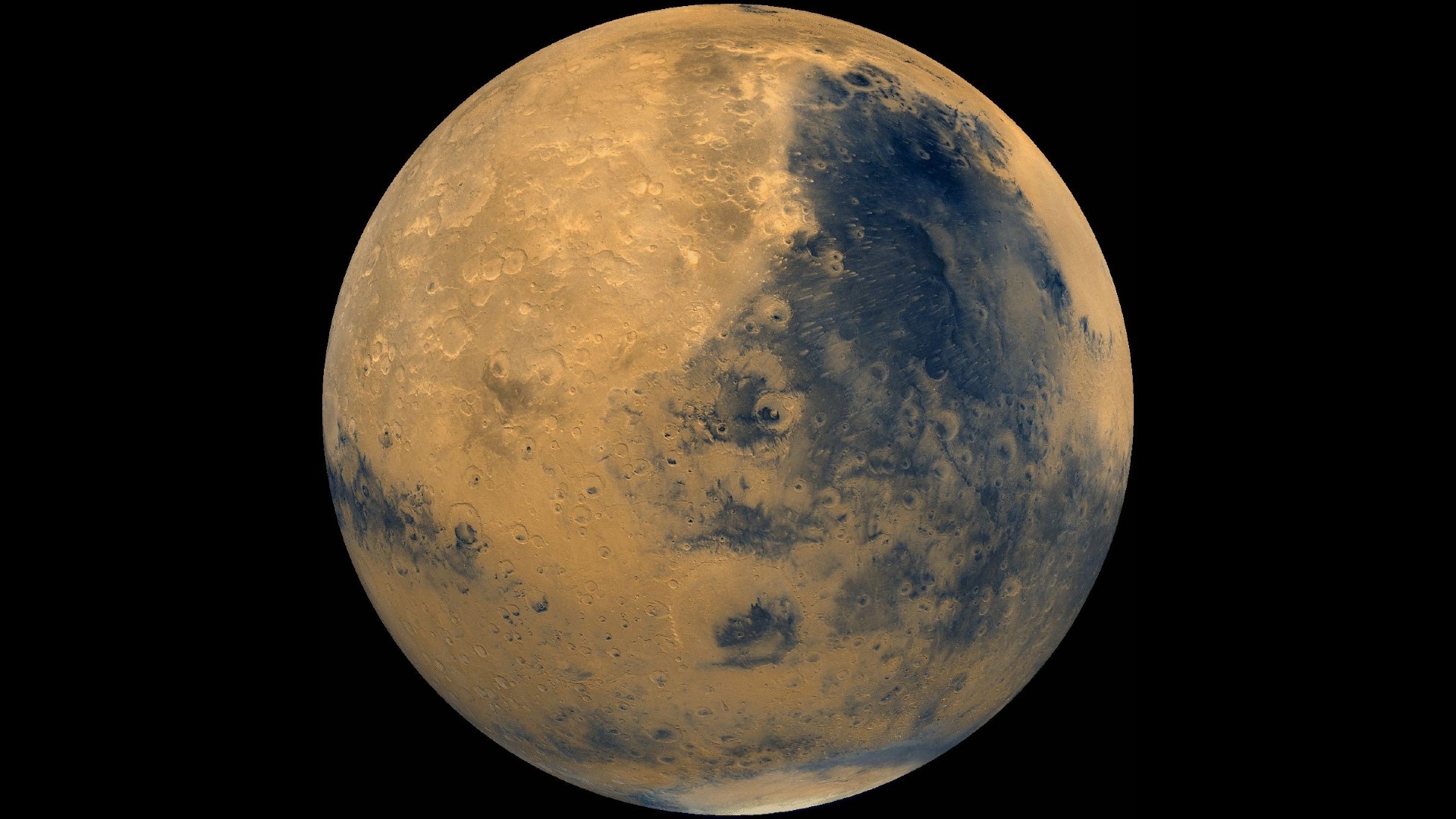
Mars could have an ocean's worth of water beneath its surface, seismic data suggest
By Keith Cooper published
Researchers examining seismic data recorded on Mars say the have found evidence supporting the presence of liquid water deep inside the Red Planet.
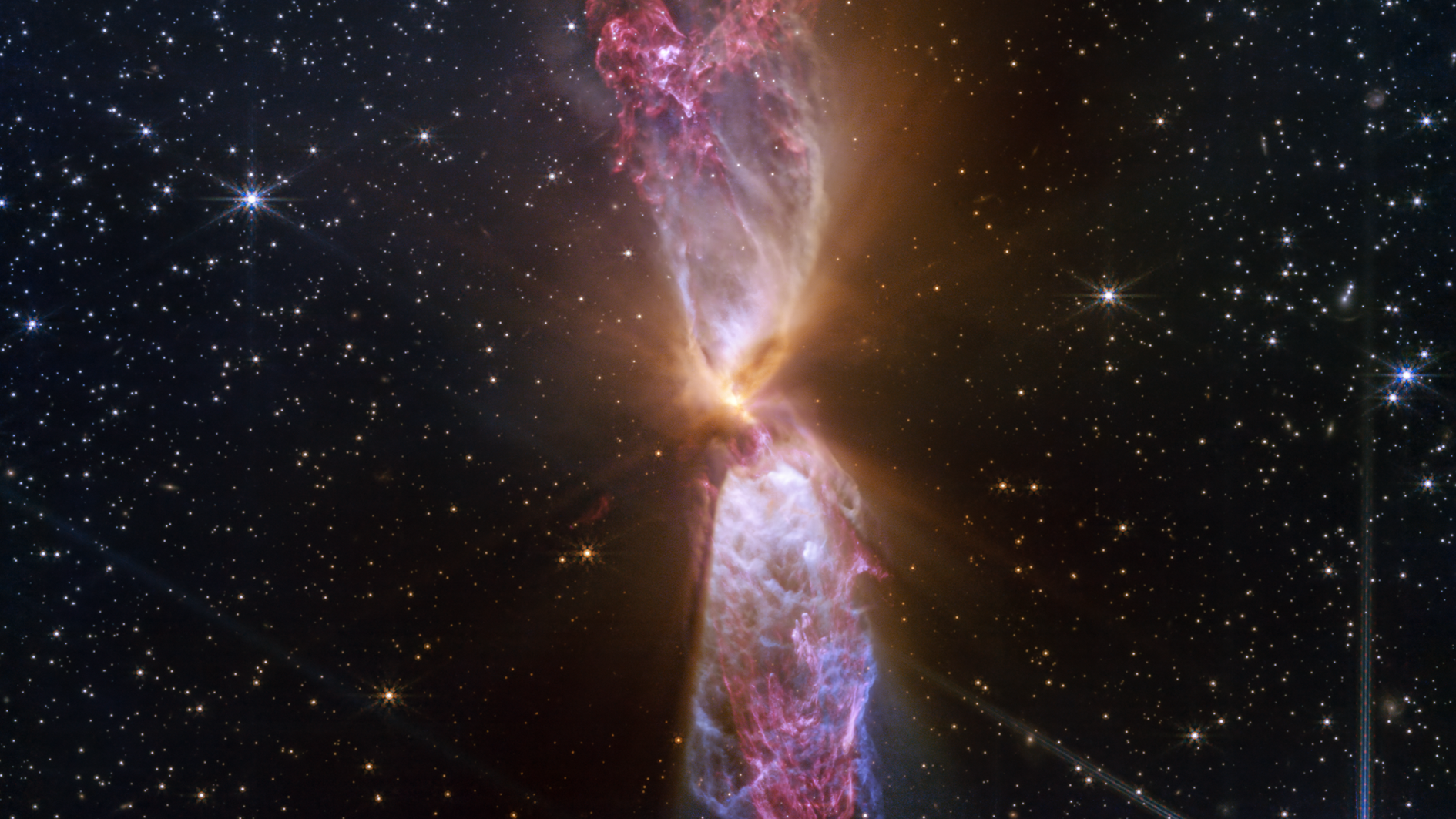
This butterfly-shaped nebula owes its structure to 2 chaotic young stars
By Keith Cooper published
This butterfly shaped nebula is the perfect target for the James Webb Space Telescope to learn more about star formation.
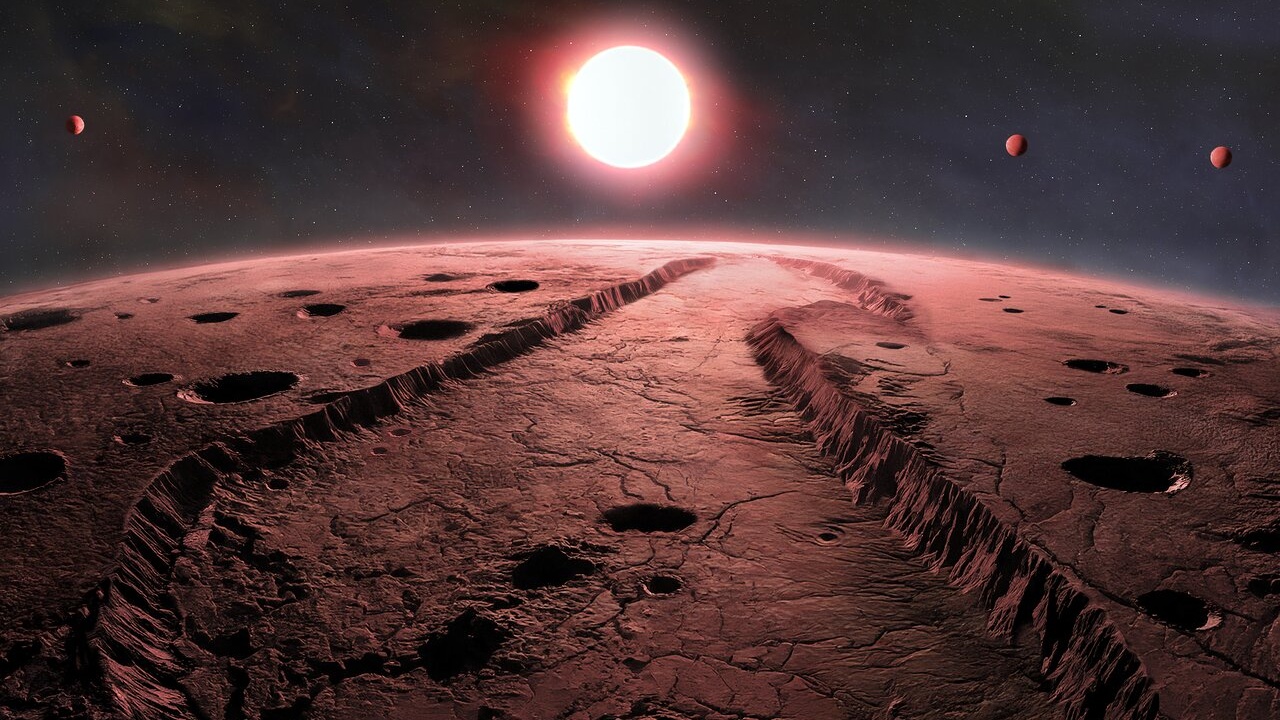
4 rocky exoplanets found around Barnard's Star, one of the sun's nearest neighbors
By Keith Cooper published
After many previous claims and false alarms, astronomers can finally confirm the existence of at least four planets less massive than Earth orbiting Barnard's Star.
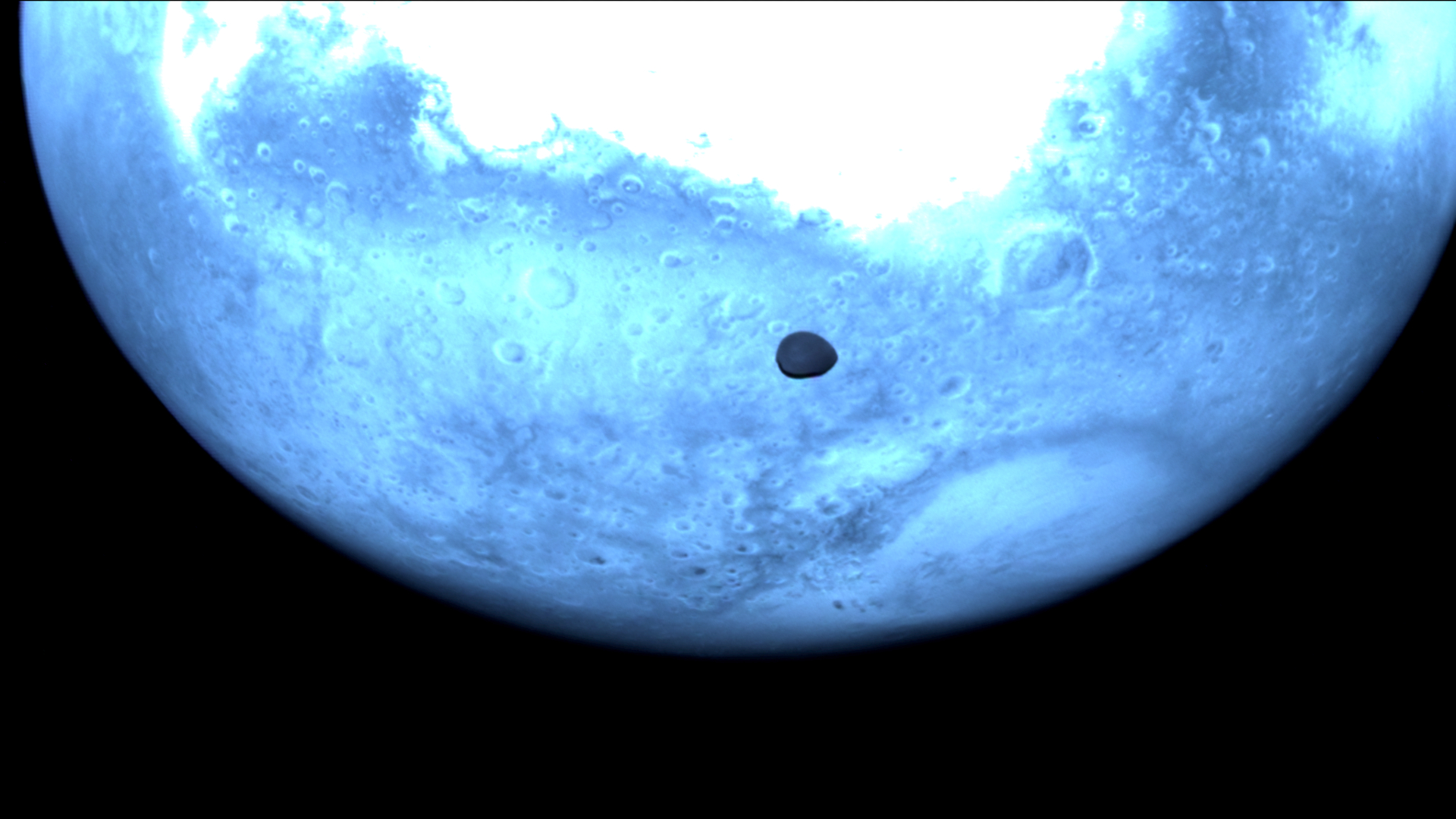
Tiny Mars moon Deimos gets a rare close-up, thanks to Europe's Hera asteroid probe (photos)
By Keith Cooper published
Europe's HERA mission has taken a good look at Mars and its moon Deimos on its way to explore the aftermath of the DART impact in the Didymos–Dimorphos asteroid system.
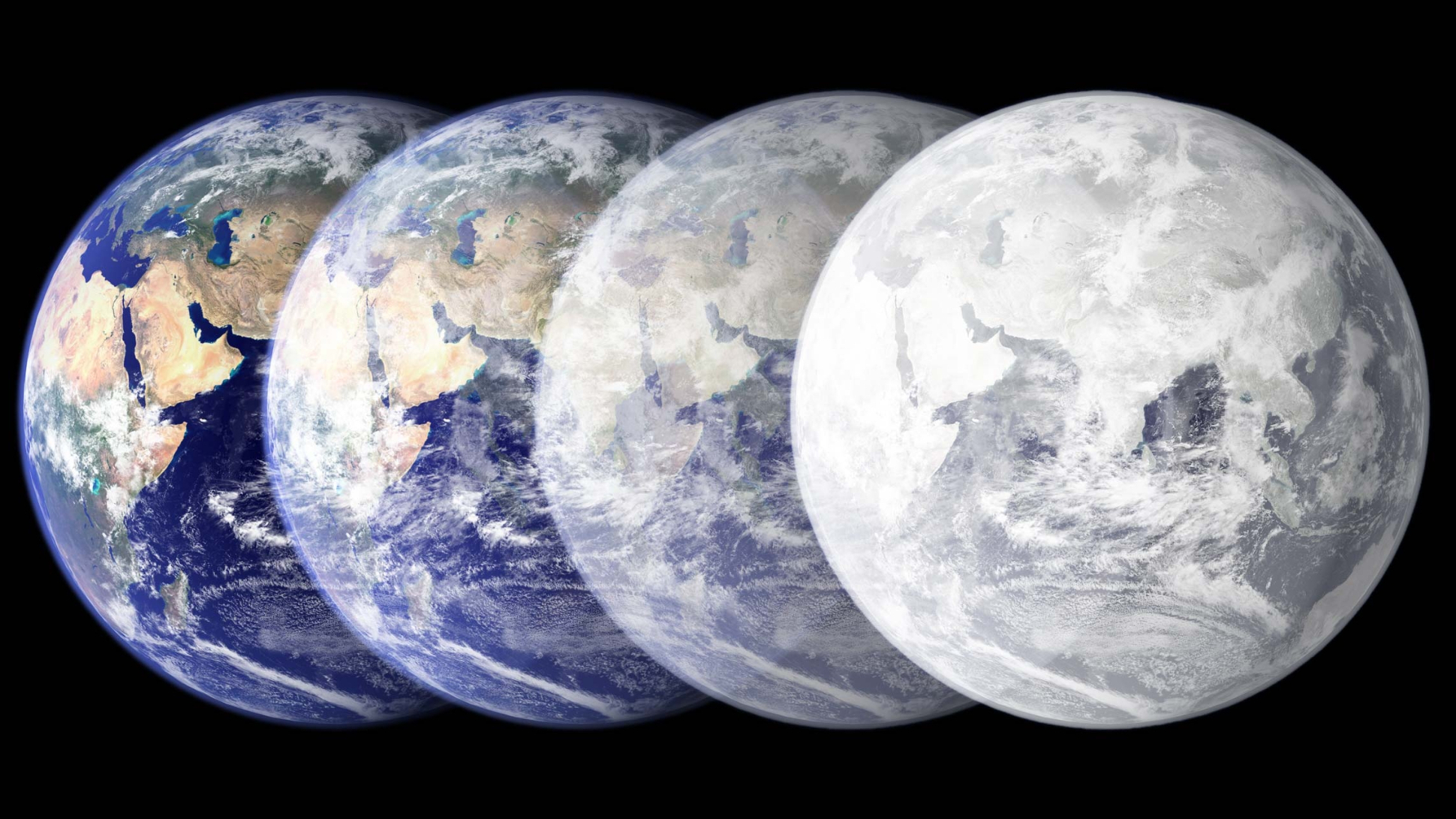
The next ice age is coming in 10,000 years — unless climate change prevents it
By Keith Cooper published
Natural cycles in Earth's rotational axis and its orbit around the sun drive climatic changes, and now researchers have matched up specific points in those cycles to the timing of ice ages.
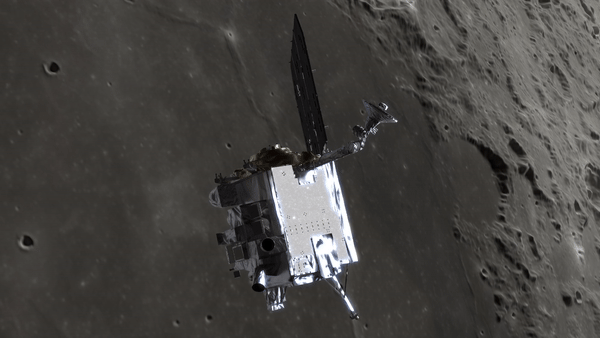
There's a total lunar eclipse coming. How will these 2 solar-powered moon probes survive the darkness?
By Keith Cooper published
The total lunar eclipse on March 13-14 will plunge moon missions into darkness. What will happen to the lunar spacecraft?
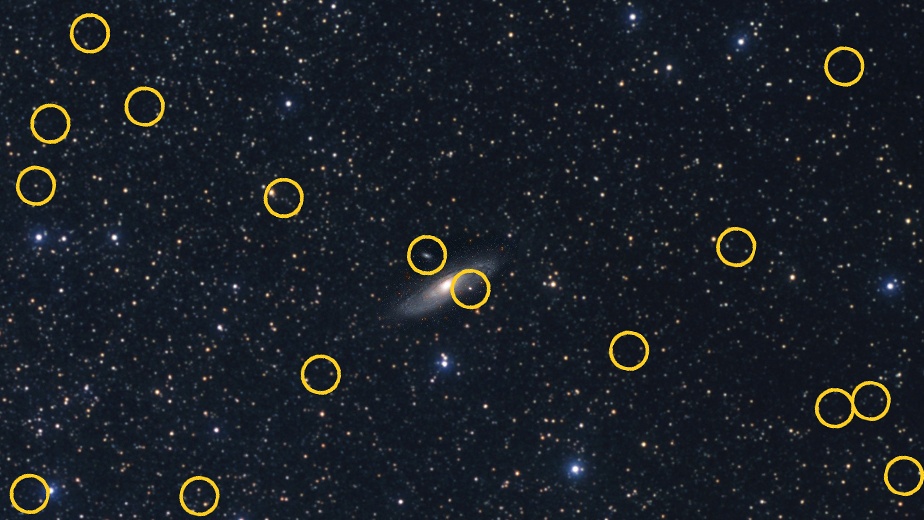
How did Andromeda's dwarf galaxies form? Hubble Telescope finds more questions than answers
By Keith Cooper published
A family portrait of the Andromeda galaxy and its orbiting dwarf satellites raises questions about how galaxies evolve.
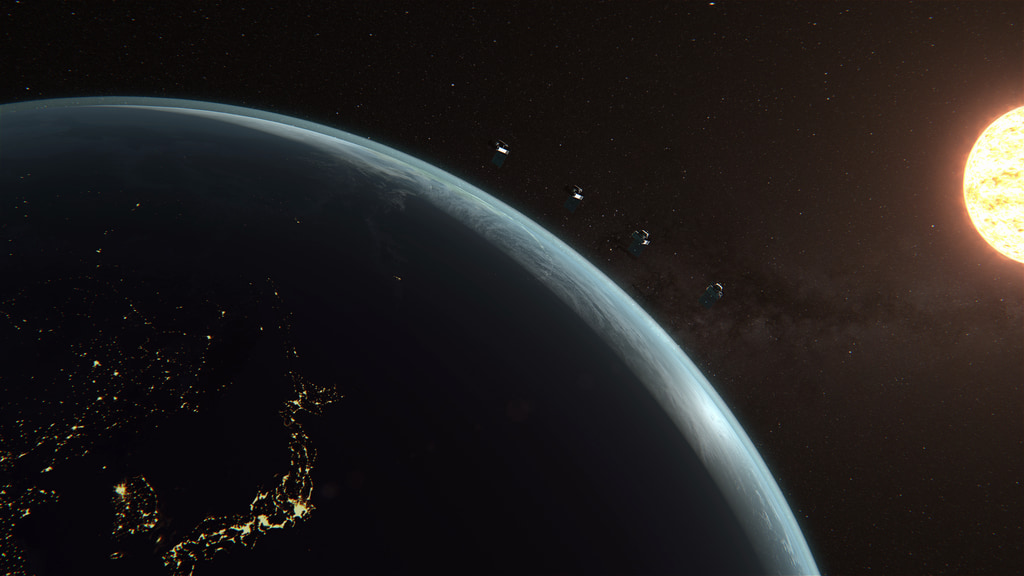
NASA set to deliver a knock-out PUNCH to mysteries of the solar wind
By Keith Cooper published
A new mission designed to better understand the heliosphere will be the first to map in three dimensions how the solar corona becomes the solar wind.
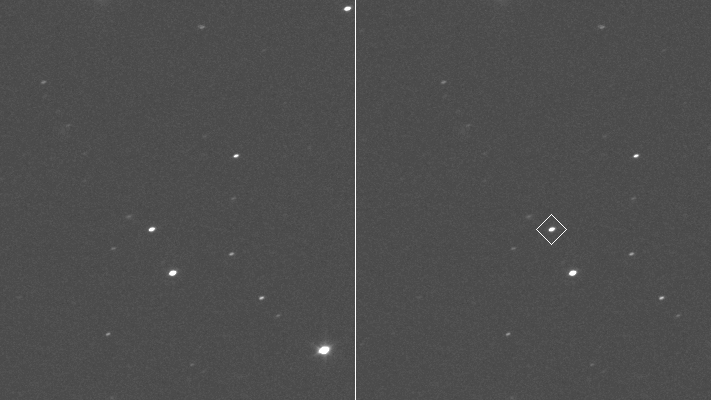
NASA's asteroid-hopping Lucy probe takes 1st images of its next target: Donaldjohanson
By Keith Cooper published
The Lucy mission to Jupiter's Trojan asteroids is currently cruising through the Asteroid Belt, and will fly close to asteroid Donaldjohanson in April.
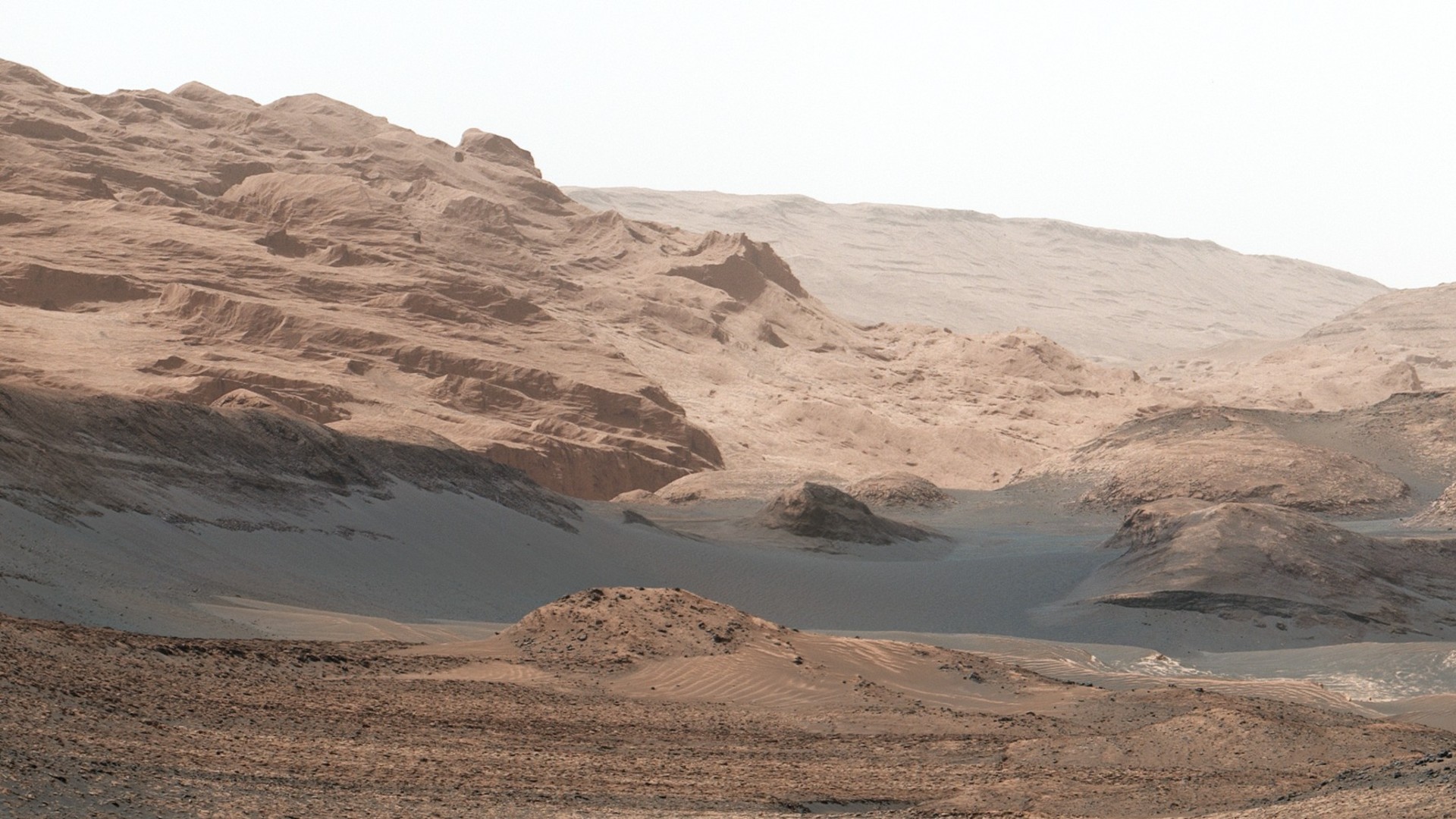
If Mars has microbe fossils, a laser and rock quarry in Algeria could help find them
By Keith Cooper published
Scientists searching for microbe fossils on Mars have a better idea of what to look for thanks to gypsum that formed when the Mediterranean Ocean dried up over 5 million years ago.
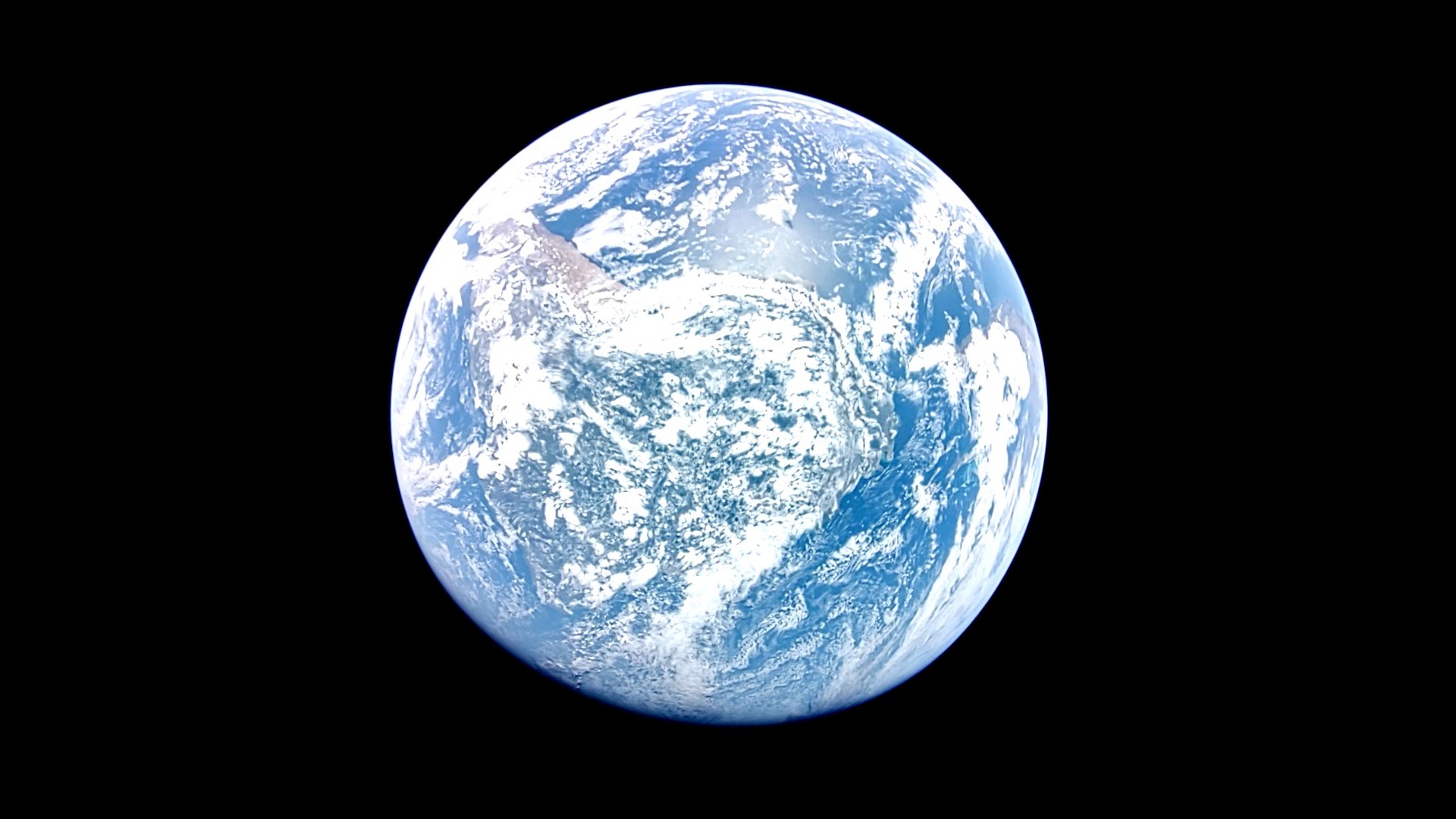
Boost for alien hunters? Earth life may not be so improbable, study suggests
By Keith Cooper published
The idea that life on Earth arose through a series of improbable "hard" evolutionary steps may be misjudged, according to a new paper that says our Earth had a big say in matters.
Get the Space.com Newsletter
Breaking space news, the latest updates on rocket launches, skywatching events and more!
